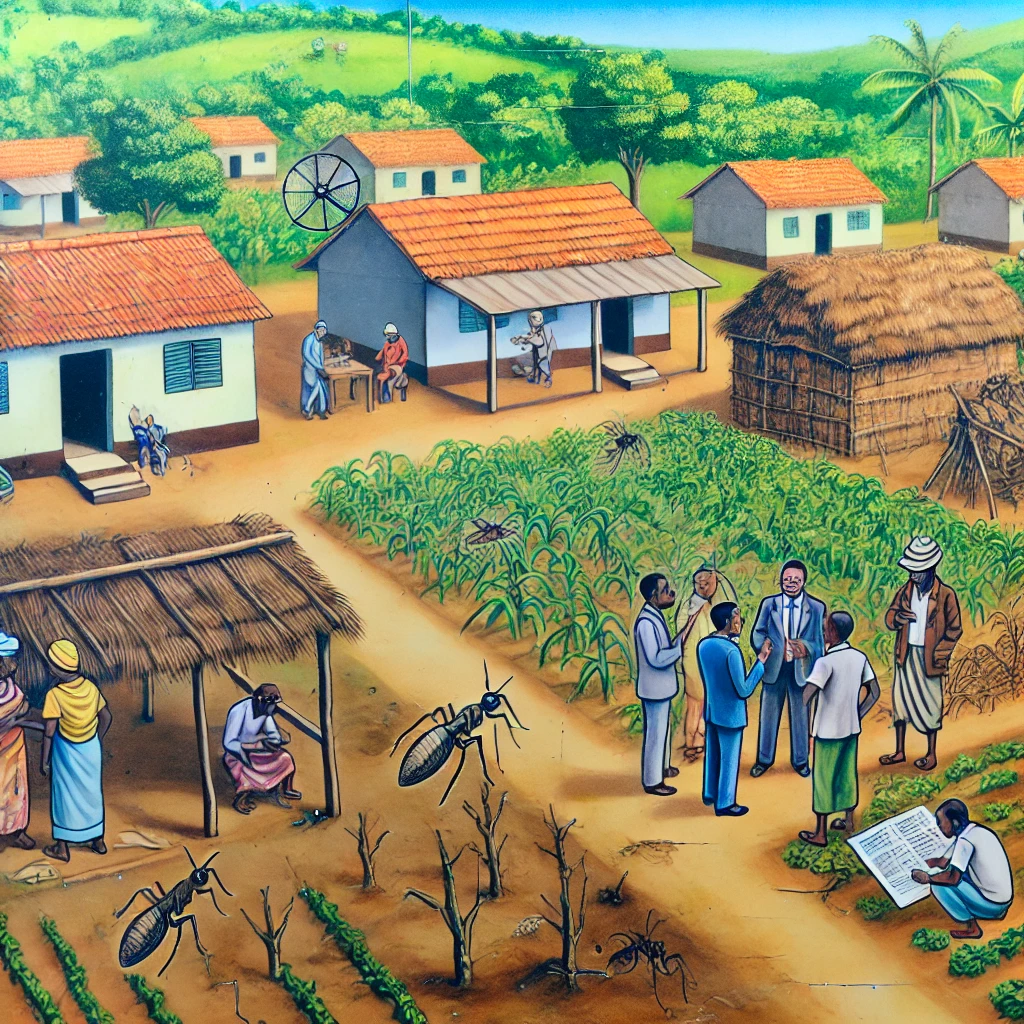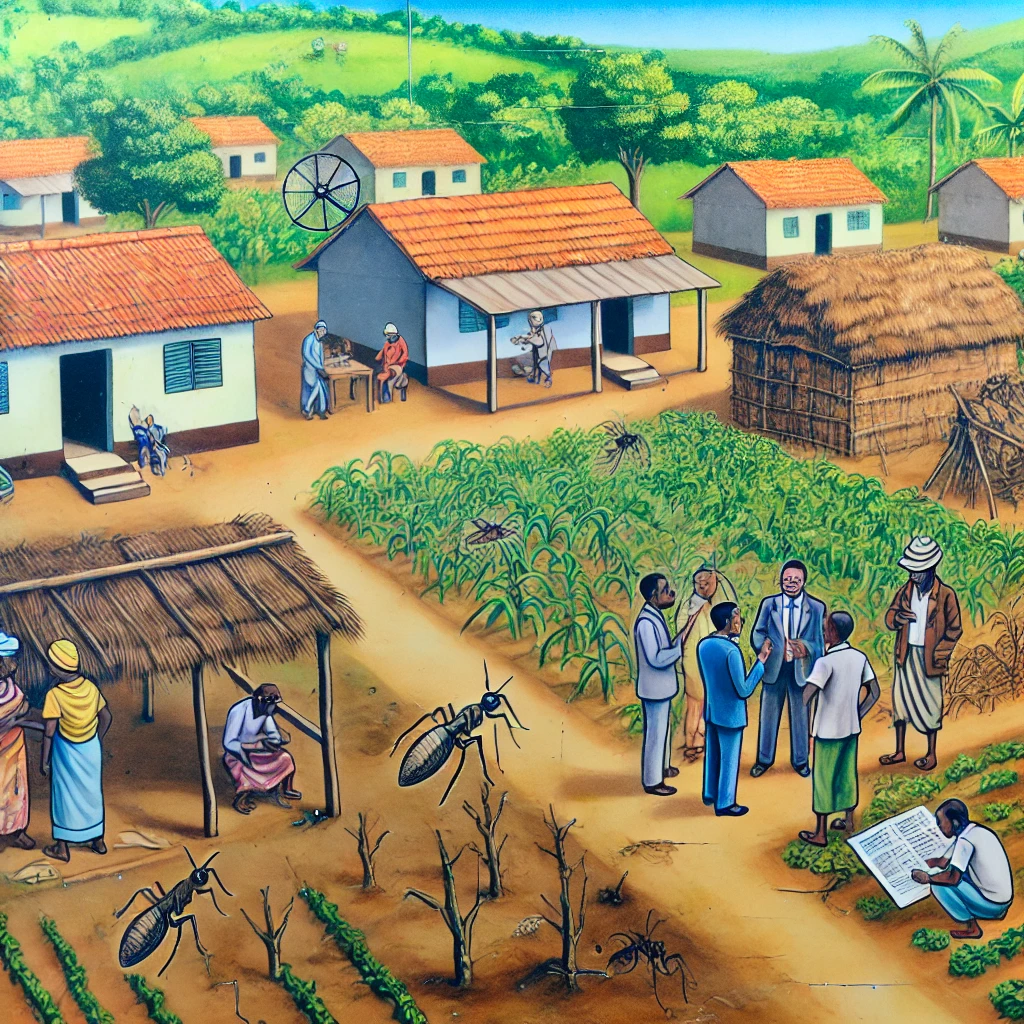
Introduction
Pest infestations significantly affect developing countries, where agriculture often serves as the backbone of the economy and a primary source of livelihood. These infestations can have profound social and economic consequences, ranging from reduced crop yields to increased food insecurity. Understanding the multifaceted impacts of pest infestations is crucial for developing effective management strategies and supporting sustainable development.
Economic Impacts of Pest Infestations
Pest infestations cause substantial economic losses in developing countries, primarily through reduced agricultural productivity. Many farmers rely on crops like maize, rice, and wheat, which are highly susceptible to pests such as locusts, aphids, and armyworms. When these pests attack, crop yields can plummet, leading to significant financial losses for farmers and local economies. Additionally, the cost of pest control measures—such as pesticides and labor—can strain already limited resources. For smallholder farmers, who often have little to no financial buffer, these economic pressures can push them further into poverty.
Food Insecurity and Malnutrition
The economic toll of pest infestations directly contributes to food insecurity and malnutrition in developing countries. Reduced crop yields lead to shortages of staple foods, driving up prices and making them less accessible to low-income populations. For many families, this results in reduced food intake and a lack of essential nutrients, exacerbating malnutrition and its associated health problems. Children and vulnerable populations are particularly affected, with long-term impacts on growth, development, and overall health. Thus, pest infestations pose a significant threat to food security and public health in these regions.
Social Disruption and Rural Migration
Pest infestations can cause social disruption, particularly in rural areas where agriculture is the primary livelihood. When crops fail, farmers may be forced to seek alternative income sources, often migrating to urban areas in search of work. This rural-to-urban migration can strain urban infrastructure and services, leading to increased poverty and social tension. Moreover, the loss of agricultural productivity can erode community cohesion and traditional farming practices, disrupting social structures and cultural identities that are closely tied to agriculture.
Gender and Pest Management
Pest infestations also have gender-specific impacts in developing countries. Women, who are often responsible for household food production and management, face increased workloads during pest outbreaks. They may need to spend more time protecting crops, seeking alternative food sources, or earning extra income, all of which can limit their ability to participate in education or community activities. Additionally, access to pest control resources and information may be limited for women, hindering their ability to effectively manage pest challenges and exacerbating gender inequalities.
Strategies for Mitigation and Adaptation
Addressing the social and economic impacts of pest infestations requires a multifaceted approach. Integrated Pest Management (IPM) practices, which combine biological, cultural, and chemical methods, can help reduce reliance on harmful pesticides and promote sustainable agriculture. Education and training programs can empower farmers with knowledge and tools to manage pests more effectively. Additionally, strengthening local and national agricultural policies, improving access to pest-resistant crop varieties, and investing in research and infrastructure are essential steps in building resilience against pest infestations.
Conclusion
Pest infestations have far-reaching social and economic impacts in developing countries, affecting agricultural productivity, food security, and community stability. By understanding these challenges and implementing comprehensive strategies, it is possible to mitigate the adverse effects of pests and support sustainable development. Enhancing pest management practices, fostering community resilience, and addressing gender disparities will be crucial in minimizing the impacts of pest infestations and promoting a more secure and prosperous future for developing nations.

